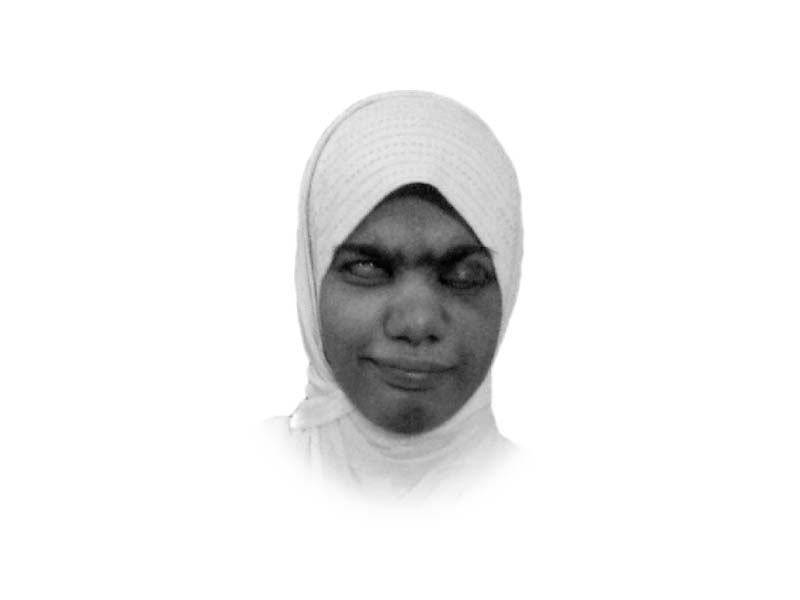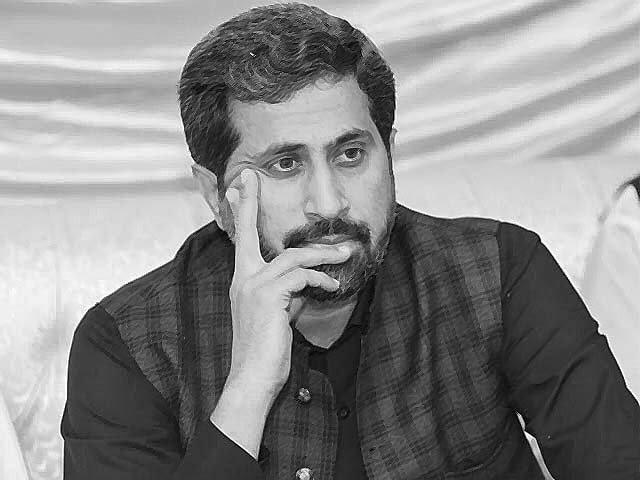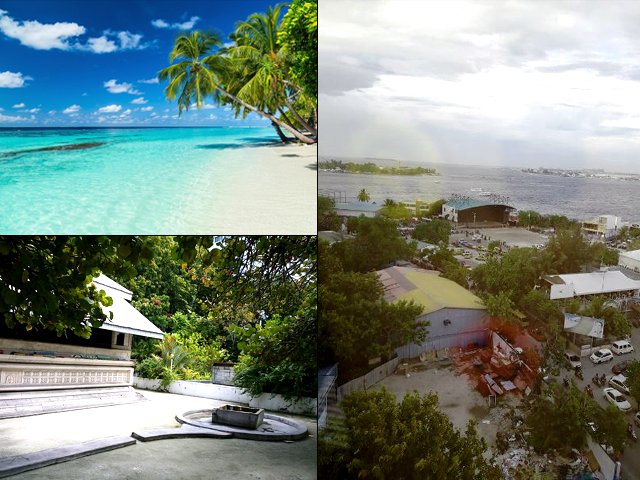
Lessons from Nelson Mandela
His life is an excellent illustration of political, legal, militant and ethical struggle against an apartheid regime.
“I have fought against white domination and I have fought against black domination. I have cherished the ideal of a democratic and free society in which all persons live together in harmony and with equal opportunities. It is an ideal which I hope to live for and to achieve. But if needs be, it is an ideal for which I am prepared to die.”
This historic roadmap refers to the most celebrated statesman and visionary leader of the preceding century – Nelson Mandela. He is recognised both nationally and globally as an archetype of the utmost endurance and a man who showed unprecedented struggle.
It has been three years since this iconic figure’s demise. Let us take this moment to reflect on all the things he has said to inspire us all, and instil them within ourselves so we can embody what he preached and what he stood for. The following are my favourite passages from his memoirs, Long Walk to Freedom – words that have left an indelible impression on me.
Mindful of the dilapidated conditions of prisons in our own country, the following words deeply struck me:
“No one truly knows a nation until one has been inside its jails. A nation should not be judged by how it treats its highest citizens, but its lowest ones.”
His aphorisms on leadership encouraged me to seek the missing elements in the leadership of my own country:
“As a leader, one must sometimes take actions that are unpopular, or whose results will not be known for years to come. There are victories whose glory lies only in the fact that they are known to those who win them.”
“There are times when a leader must move out ahead of the flock, go off in a new direction, confident that he is leading his people the right way.”
“A leader must also tend his garden; he, too, plants seeds, and then watches, cultivates, and harvests the result. Like the gardener, a leader must take responsibility for what he cultivates; he must mind his work, try to repel enemies, preserve what can be preserved, and eliminate what cannot succeed.”
He was a living example of endurance:
“I am fundamentally an optimist. Whether that comes from nature or nurture, I cannot say. Part of being optimistic is keeping one’s head pointed toward the sun, one’s feet moving forward. There were many dark moments when my faith in humanity was sorely tested, but I would not and could not give myself up to despair. That way lay defeat and death.”
“In prison, my anger toward whites decreased, but my hatred for the system grew.”
“Any house in which a man is free, is a castle when compared to even the plushest prisons.”
The way he encouraged education reminds us that we all (irrespective of gender, class, creed or race) must strive for success, because each one of us deserves every bounty that life has to offer:
“Education is the great engine of personal development. It is through education that the daughter of a peasant can become a doctor, that the son of a mine-worker can become the head of the mine, that a child of farm-workers can become the president of a great nation. It is what we make out of what we have, not what we are given, that separates one person from another.”
I had the privilege of meeting Dr Mahathir bin Mohamad, someone who had personally been acquainted with him. He vouched for Nelson Mandela’s disposition and determination:
“Nelson Mandela was a very special person to me, because when he was released from jail after 27 years, I met him in Zambia; I was the only Asian leader who met him in Zambia. He is unique in many ways. Despite how he felt towards the whites who jailed him for 27 years, all he sought was reconciliation between the whites and blacks. He had no grudge, he didn’t seek revenge; he just wanted the country to be ruled and the white and the blacks to work together.”
His gallantry, perseverance, sense of loyalty, patriotism and commitment to his cause not only inspired me to stand firm against all odds, but also helped me shape my own political views. His outstanding courage and fortitude gave me the confidence to fight against my disability. I suffer from blindness and Nelson Mandela has taught me to fight against unfavourable circumstances. Mandela’s battle against racial atrocities inspired me to pave the path towards the betterment of disabled people in my own country, who are deprived of even the most fundamental rights.
I regard him as a man of principles, a real democrat, a born leader, a skilled attorney, and indeed a loving father and caring spouse. To me, his life is an excellent illustration of the utmost political, legal, militant, and ethical struggle against an apartheid regime.
I would conclude my memorial on a personal favourite and indeed a powerful message for all human beings:
“For to be free is not merely to cast off one’s chains, but to live in a way that respects and enhances the freedom of others.”




COMMENTS (3)
Comments are moderated and generally will be posted if they are on-topic and not abusive.
For more information, please see our Comments FAQ